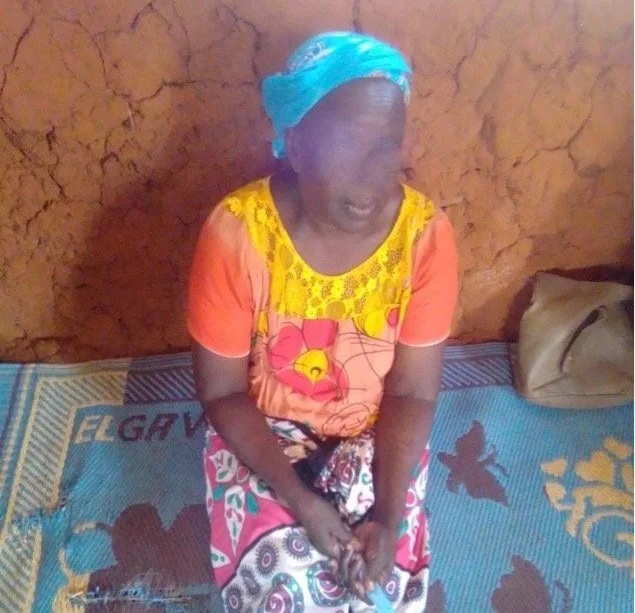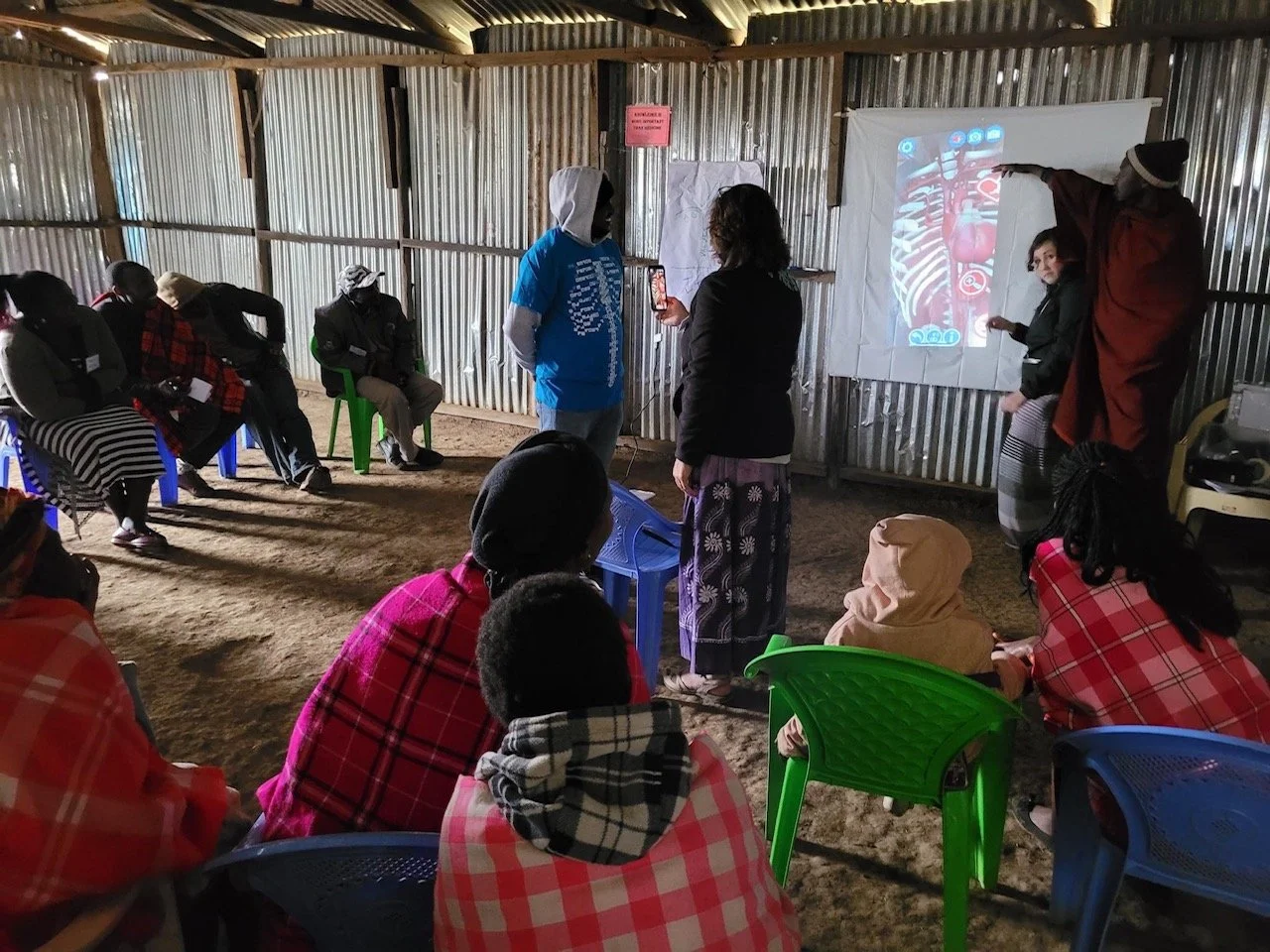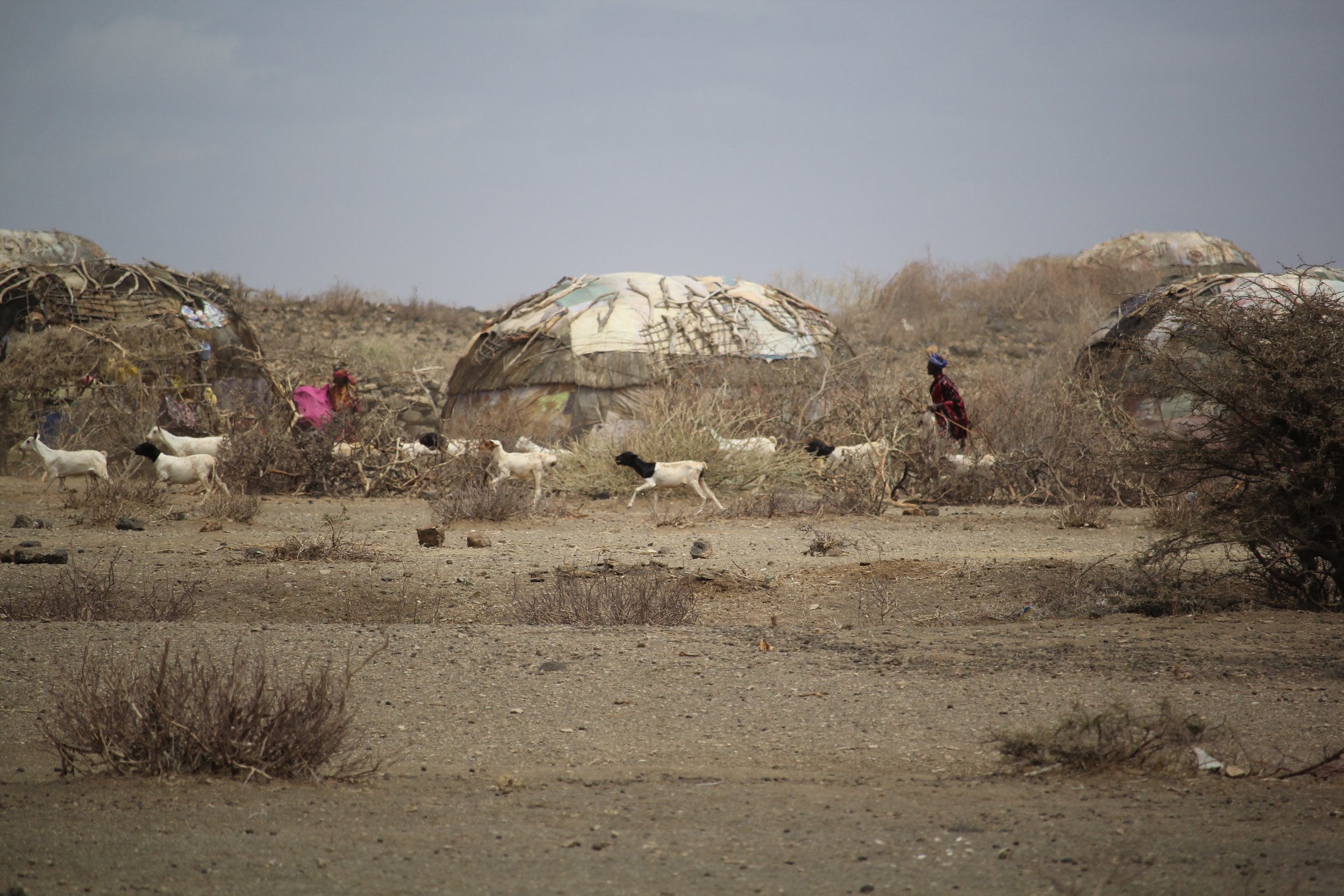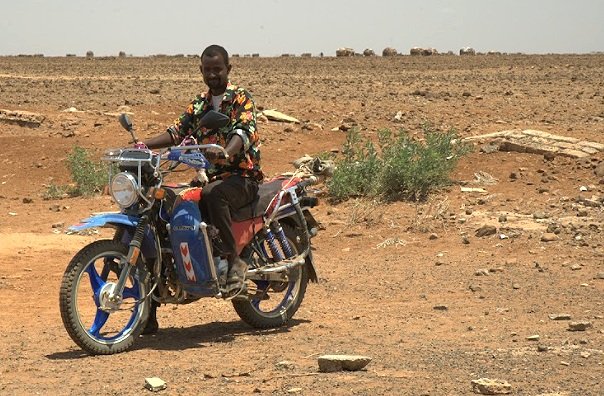LMI 3rd Quarter Update
Family waiting for treatment at LMI community health clinic.
A Quick Look
Despite the challenges in our region this 3rd quarter, we have a reason to celebrate what the Lord has done through our committed disciple making teams in the countries of East Africa!
1,749 Leaders Trained in DMM
2,092 New Discovery Bible Groups
2,655 New Disciples Baptized
At the end of this 3rd quarter we have a total of 6,899 baptisms so far in 2021.
This is MORE than the TOTAL for 4 quarters in ANY of our previous years!!
658 Churches planted
God is speaking my language!
Mr. A. with his audio Bible between two of the movement leaders. Images have been blurred for security reasons.
Mr. A., a Muslim man, was given an audio Bible by a local movement leader. Once he started listening to the Bible, he began to discover a very different God than the one he grew up learning about. Mr. A. said that when he listened to the story of Jesus being crucified and the criminal being released, he realized that Jesus loves him and everyone. He is just now starting to realize why he was created.
Mr. A. is an oral learner like many of the unreached peoples in Eastern Africa. God speaks powerfully through His word, especially when the listener hears God speaking in their own language.
“More audio and printed Bibles” is the most common request from our movement leaders. Disciple Making Movements accelerate when Discovery Bible Groups multiply. Stating the obvious - to increase DBS’s we must have more Bibles.
If you want to help make disciples by suppling our movement leaders with more audio Bibles, click on “GIVE” in the upper right corner of this page.
Image has been blurred for security reasons.
Perseverance and Hope
This woman comes from Islamic background. She attended a Discovery Bible Study (DBS) where she found a God who offered her real hope. Her life became painfully difficult when her family rejected her due to her new faith in Jesus. Even though her husband struggles with addiction to alcohol, she was the one considered to have brought shame on the family. In the past few months she started a DBS with friends and neighbors who have become Muslim background believers. Many of these women are passing through the same problems she has faced.
And just recently she started evening prayers and Bible study with her family…including her husband.
Training and Being Trained
A team of students and leaders from Kansas State University came to co-teach computer classes in our new Leadership Institute for Northern Kenya (LINK). They helped us establish a computer-training program, but also experienced how local movement leaders are joining God to see the unreached peoples in the region experience and know the love of Jesus.
The students also visited some nearby villages and helped our local leaders distribute food as part of the drought relief effort. They were able to observe up-close how a disciple-making lifestyle fuels disciple-making movements. They returned home challenged to look for simple and practical ways to make disciples.
Improving Community Health
As we seek to make disciples who will make disciples, Lifeway Mission International is working strategically to reach communities from within. Training community Health Coordinators is one way we meet practical needs and develop disciple-makers.
Nomadic people groups are spread unevenly across large regions. They often lack access to resources like schools and health facilities. So LMI is making in-roads by identifying and training women in basic health care services.
Three short-term volunteers helped train 16 Maasai women to provide basic health care in their communities. The women were quick to grasp the primary health training. They will also initiate Discovery Bible Studies, which gives them opportunities to make disciples.
Originally, we planned to use this training in another region. But because of inter-tribal fighting there, training resources had to be deployed elsewhere. The success of this training was a great encouragement to us and testimony of God’s timing and leading.
Spotlight on the Gabbra Community
The Gabbra people group are just 1 of over 300 unreached people groups remaining in Eastern Africa. They are also one of the least reached groups among all the unreached in the region. Lifeway Mission International has been engaging the Gabbra people from the very beginning of their ministry. The Gabbra live in the same region where Dr. Aila Tasse grew up. Only in the last few years has persistent sowing and serving begun to show signs of a harvest.
The Gabbra people are related to the wider Oromo people group of the Horn of Africa. They mainly inhabit Moyale and Marsabit regions of Northern Kenya and the highlands of southern Ethiopia. Most live in and around the Chalbi desert in Kenya. They survive by raising camels and other livestock.
Gabbra goat herder going through the village.
These semi-nomadic people believe in a benevolent God, (Waaqa) who gives rain as he pleases. Animal sacrifices and ritual prayers are part of their religious practices. They believe in “merciless” justice, where grace is unknown and wrongs are righted only by payment. Islam is growing in the area as mosques are built in each town. Those who accept Islam are promised education and economic assistance.
Accessible roads are limited, and since the area is very stoney, most people walk or ride camels. Some of the movement leaders among the Gabbra have received motorbikes. This has greatly increased their reach among the scattered villages where there are no roads.
We thank you for your prayer and support in the past, and ask you to continue to pray for us. God is working among the Gabbra and other unreached “gateway” people groups. We are training “inside leaders” from within these groups. These "gateway” groups have a large influence on the tribes around them. Leaders from these gateway tribes are very effective in reaching out to their near-neighbor tribes.
A movement leader with his motorcycle and a Gabbra village sitting on the horizon.







